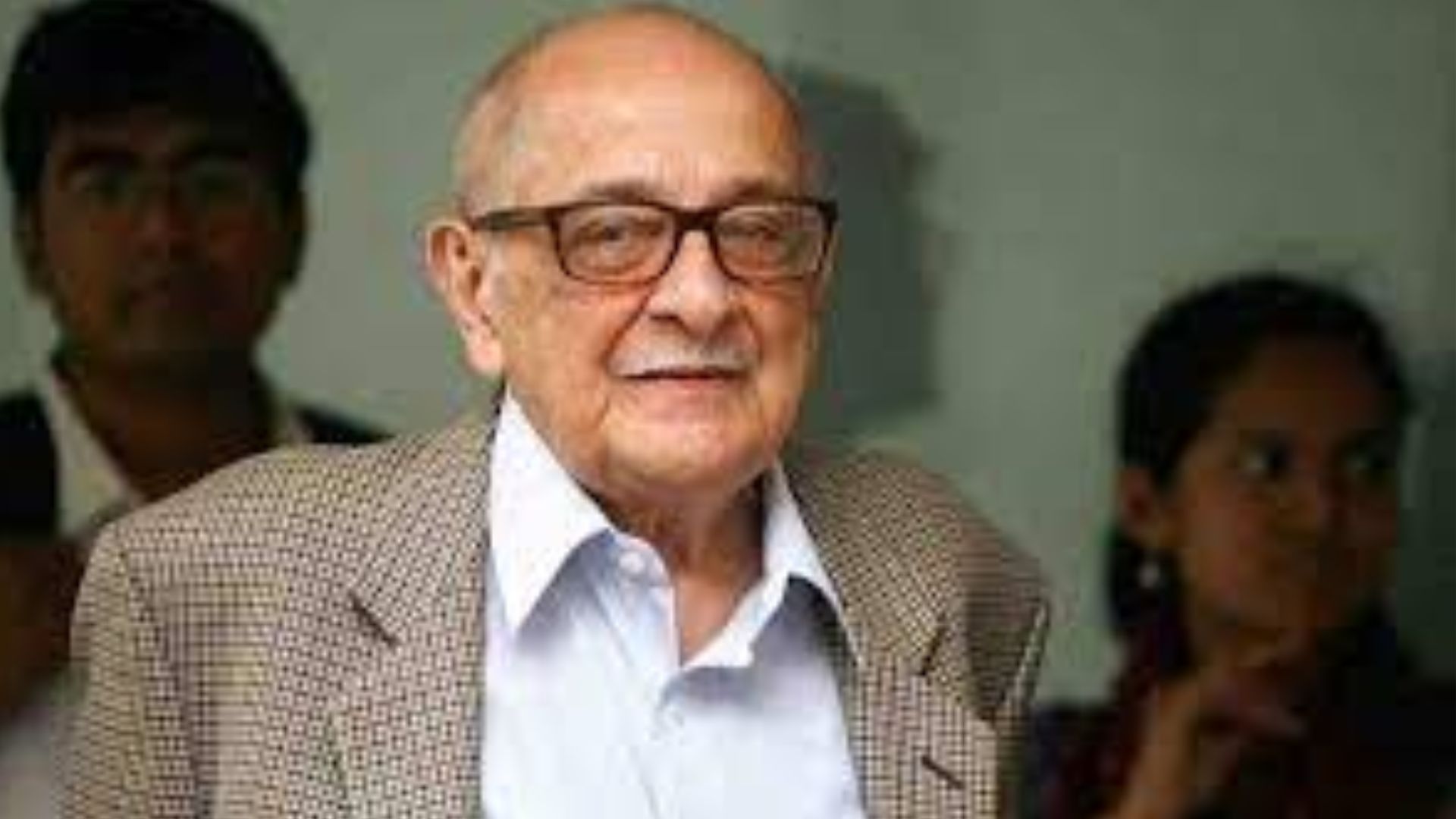
Nariman, an internationally recognized renowned jurist passed away on February 21st, 2024 at the age of 95 succumbing to cardiac arrest. He was born in Rangoon (now Yongon) on Jan 10, 1929 and fled to India at the age of 12 during Japanese Invasion. He began his legal career as an Advocate in the Bombay High Court in 1950 and was designated as Sr. Advocate in 1961.
He started his practice as Sr. Advocate in the Supreme Court in 1971. The Padma Bhushan and Padma Vibhushan awardee was appointed as Additional Solicitor General in 1972. However, he resigned from the Government Office. He was also the President of Supreme Court Bar Association from 1991 to 2010. He had outstanding oratory and advocacy skills. He was known for his stand for righteousness and his fervour for fairness.
His views on secularism have left an indelible mark on Indian judiciary and created a legacy of liberalism amongst religious neutral people. Some of the landmark cases he argued were Bhopal Gas Tragedy Case, T.M.A. Pai Foundation Case, Jayalalitha Disproportionate Assets Case and National Judicial Appointment Commission Case and the Second Judges Case.
In the T.M.A. Pai Foundation case he submitted on behalf of private non-minority institution, i.e. the petitioners that secularism and equality formed integral components of the fundamental framework of the Constitution and that the provisions of the Constitution should be interpreted in the manner that the right of private non-minority unaided institutions are adjudicated at par with minority institutions.
In the NJAC case he primarily argued that the collegium system had its flaws as it gave the judiciary a significant role in the appointment of judges and that the NJAC provided a more transparent and accountable mechanism for judicial appointments.
After winning the Second Judges Case he expressed his expressed his anguish in the following words “A case I won but would have preferred to have lost” because the Court entrusted the higher judiciary with the authority of appointing judges. In doing so the Court established the collegium system under which the five most senior judges would propose appointment of judges of both Supreme Court and High Courts.
In 1975 when he resigned from the post of Additional Solicitor General to protest against proclamation of emergency as it was symbolic of draconian measures taken by the Government, he had to face several odds such as finding a stable accommodation in Delhi because there was fear amongst the public to provide him shelter in their residences.
As he refused to represent the State of Gujarat in the Narmada Dam Case, he called himself a humanitarian first and then a lawyer as the State of Gujarat intended to displace of Tribals to construct a dam on Narmada river.
Mr. Nariman was an ardent supporter of rule of Law as reflected by his views on Art. 370 Decision. He stated his opinion in the following words “Welcome only as so far it has facilitated a complete integration of Jammu and Kashmir into the union of India which is really a union of the federation of states, which is a good thing. But is constitutionally flawed because in my personal view what has been done by the Hon’ble Court is not in accordance with the provisions of the Constitution.
Some of the books he authored are “Before the Memory Fades,” “The State of the Nation,” “India’s Legal System: Can it be Saved?” and “God Save the Hon’ble Supreme Court.”.
In his book “Before the Memory Fades” he reflected on his life and career offering insights into his experience as a legal practitioner and his interactions with various figures in Indian politics and law.
His book “The State of the Nation” underscores the pervasive corruption and the myriad repercussions that ordinary citizens endure as a result.
In his book “India’s Legal System: Can it be Saved?” he provides a realistic assessment of the criminal justice system and the effectiveness of legal professionals, delving into modern practices like public interest litigation, judicial review, and activism.
His book “God Save the Hon’ble Supreme Court” was known as a a timely book that presents the direct and honest perspectives of one of India’s highly esteemed legal experts on a broad range of relevant issues.
The Indian Legal Fraternity has lost a living legend and an epitome of honesty and integrity which will be mourned by it unendingly.